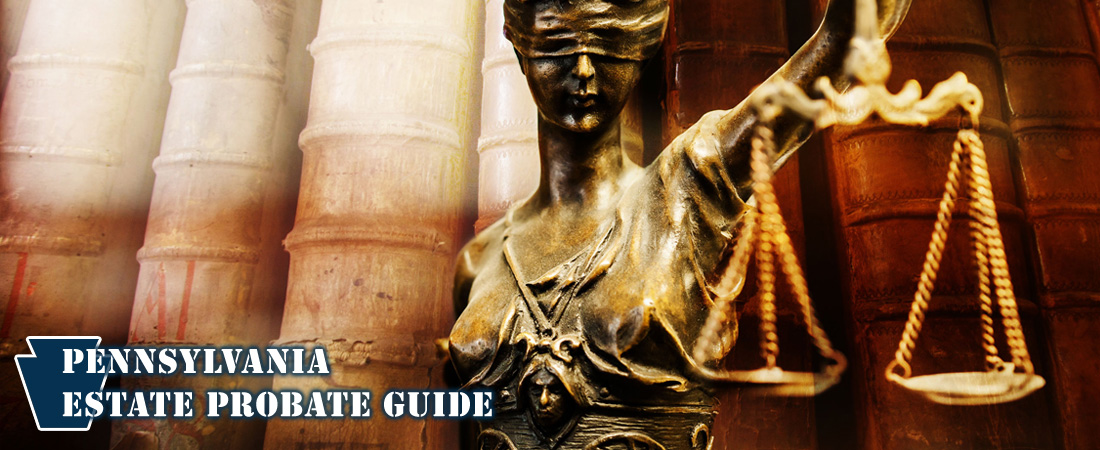In those circumstances where the Decedent had a Will, it is essential that the Personal Representative read it carefully. If there are any ambiguities in the Will or doubt about its contents, or the possibility that the Will may be contested, then consultation with an attorney is recommended. The are also circumstances which may require the spouse of a Decedent to make certain decisions in order to protect their rights very early in the probate process. As will be discussed later, you may be required to notify certain individuals and governmental agencies of the opening of the Estate. And where the Decedent did not have a Will, it is critical to understand who is entitled to share in the Decedent’s Estate.
The Personal Representative is charged with the responsibility of locating all of the Estate’s assets. In many cases, the family may be unaware of the location of some of these assets. There are a number of techniques that can assist you in your efforts to locate assets. Some of the more common places to search are as follows:
1) Search of Home and Safe Deposit Boxes
A thorough search of the Decedent’s home, business, and safe deposit box, if any, is critical. Many of the documents you will need will be in these locations.
2) Transfer of US Mail
Many of the Decedent’s documents that you will need arrive by US mail. As soon as possible, contact the US Post Office and request the transfer of all mail from the Decedent’s home and place of business to the Personal Representative’s mailing address or to the office of their attorney. Mail should be opened promptly. The Personal Representative should contact each creditor, broker, bank, etc., in order to permanently change the mailing address, as a “forwarding order” will only last for six months to one year, depending upon the Post Office involved.
3) Computer Files
Many people conduct the majority, if not all, of their business affairs electronically. In these situations, it is important to retain the Decedent’s computers, laptops, and mobile phones. In some cases, you may need the assistance of an IT specialist to assist with document retrieval, since most people have personal passwords that are often changed.
4) Decedent’s Accountant (or tax preparer) and Attorney
The Decedent’s accountant, tax preparer, and attorney may be in possession of tax returns and other important documents. If the Decedent was required to file individual tax returns and they cannot be located, then these documents can be ordered through the taxing authority. An individual’s income tax returns will give the Personal Representative insight into the location of various assets, such as annuities, pensions, brokerage accounts. and the like. The prior year’s individual tax returns are essential to help to understand the Decedent’s financial situation. This may also make it easier to identify the location of the Decedent’s assets, as many people have opted for paperless financial transactions, and there may be no “hard documents” to refer to.
5) On-line searches- Unclaimed Property
On-line searches should be made for unclaimed property in Pennsylvania and in any other state where the Decedent lived. If the Decedent was pre-deceased by a spouse, then an on-line search should also be made for this individual. Care should be taken to search for unclaimed property on official government sites and not the sites of third-party vendors who will charge the Estate to retrieve these assets.
6) Storage Facilities
Keep an eye out for documents from commercial storage facilities where the Decedent may have stored items. The assets held in these storage facilities may be valuable. Keep in mind that the failure to pay storage fees in a timely manner may result in forfeiture and/or the public sale of these items at well below market value.
7) Other On-line searches:
In the appropriate Estate, a search may be required of state and county real property dockets. Similar searches may be required of State Corporate Bureaus. You may require the assistance of an attorney or a title company to complete these tasks.

